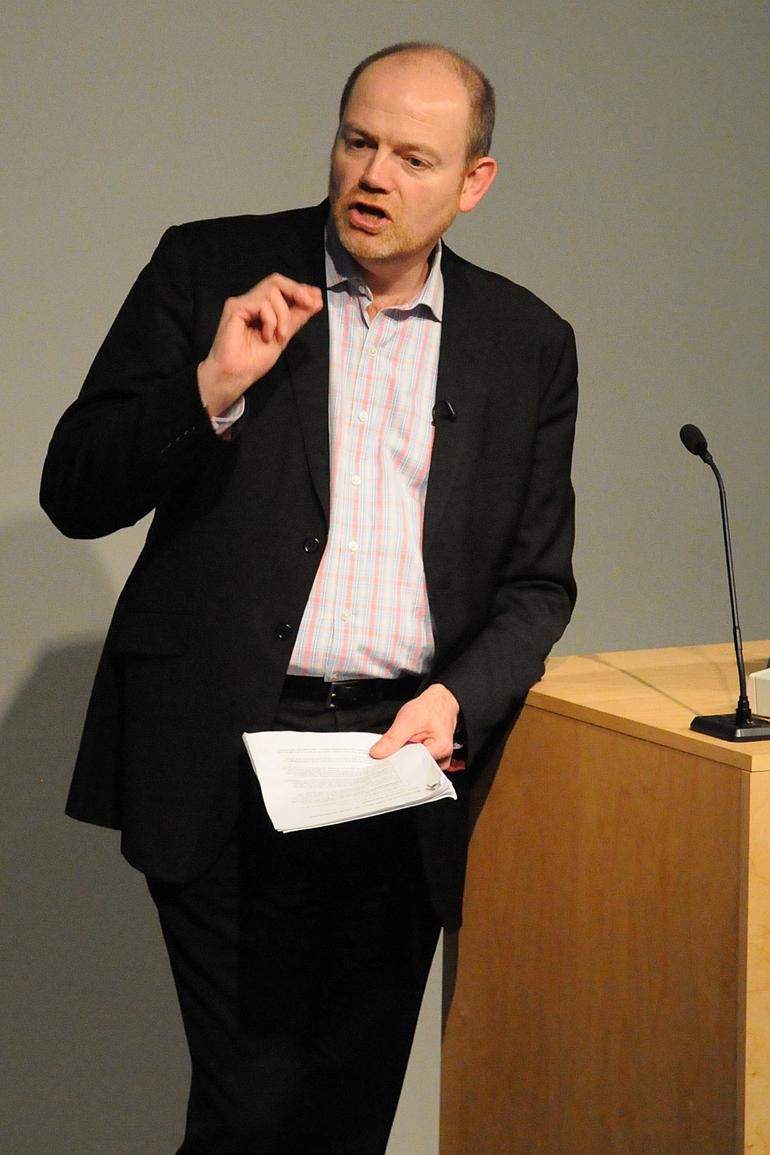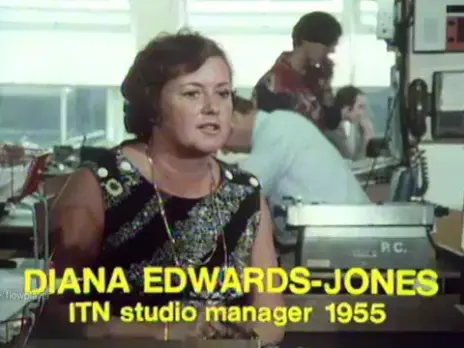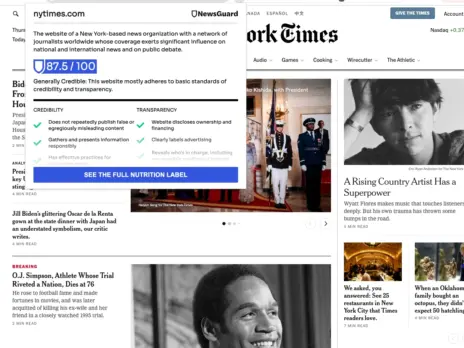
BBC director general Mark Thompson insisted that despite the end of the British Empire and the Cold War, the BBC’s international news operations are as important now as ever.
He was speaking at Chatham House in London, home of the Royal Institute of International Affairs, as a new Conservative-led government was formed which will look closely at funding of all public services, including the BBC.
Talking about the BBC’s operations in Afghanistan, Thompson said: “We’re in it for the long term. We’ve been in Afghanistan for decades and intend to be there for decades to come whether Western forces are still present or not.
“We believe in enabling correspondents to build up their knowledge and expertise and contacts in a country by living there for years if possible, if not, then by repeated deployments. As a result, John Simpson, Lyse Doucet, who was last night named as news journalist of the year at the radio Sony Awards, Ian Pannell, David Loyn and many other Western BBC correspondents have become what would have once been called old Afghan hands.”
He said that as important has been the recruitment of native Afghan journalists and he said that a similar story was true in Pakistan, Somalia, Kenya, Russia, China and other countries around the world.
He said that the result of the BBC’s investment in newsgathering overseas is that it is uniquely trusted among international news providers.
Thompson admitted that ‘the world has changed’and but insisted that this does not change the international mission of the BBC.
He said: “Britain no longer has an empire. The Berlin Wall fell years ago. Perhaps more importantly, there has been an explosion in the provision both of international news. CNN and Al-Jazeera stand out, but there are many othersand in indigenous media, across nearly all of the developing as well as the developed world.
“The means of media production in the digital age, whether of an FM radio station for a Nairobi slum or of a piece of citizen-journalism for YouTube, are widely available even in many relatively poor societies.
“Surely, perhaps with the exception of a handful of failed or near-failed states – countries like Somalia where the BBC Somali service remains really the only source of available news – the need for a BBC World Service or for any form of global mission for the BBC has gone?”
But insisting that “the BBC’s international mission is as vital as it’s ever been” he said: “Repression of free speech, suppression and sometimes the persecution of local and international journalism has not disappeared. Far from it, if anything, it is on the rise, and not just in failed or marginal states but in many advanced societies.”
He added: “The jamming and blocking of BBC Services. The harrassment of BBC journalists and local staff working for BBC bureaux. These are facts of life in 2010 in some of the most influential and sophisticated societies in the world. In some countries, Iran is a good example, there has been a significant deterioration in recent years.”
He said that because other international news providers have drastically cut back, the BBC is more essential than ever.
He said: “When Benazir Bhutto was assassinated a few years ago in Islamabad, the US networks reported the story from Baghdad, because that was the closest place in which they had a correspondent. ‘There’s much less call for international news,’ one network executive told me shortly afterwards: ‘our audiences find it rather dispiriting.'”
Thompson said: “In a world where in-depth international reporting is increasingly restricted to a handful of agencies and to news providers who are directly under the influence of sovereign governments and who have no tradition of editorial independence, the BBC’s journalism, its objectivity and impartiality, its ability to put people onto the ground and keep them there over years, is more, not less, important than it used to be.”
He noted research the corporation has carried out in Kenya, Egypt, Pakistan and Turkey. It found that when the public was asked how much they would miss the BBC, CNN International, Voice of America and Al-Jazeera, in all four countries respondents said they would miss the BBC most.
He added that 80 per cent of people asked said that the BBC made them think more positively about the UK.
He said: “The BBC’s motto is ‘Nation Shall Speak Peace Unto Nation’ the idea being that access to news, information and debate about different countries and cultures can ultimately help foster mutual understanding and tolerance.
“The motto and the services which flowed from it belong to a very different period in world history, but it would be a brave person who claimed that those aspirations are any less necessary today than they were then.
“They still form part of the bedrock of the BBC. And they still inform our decisions every day, whether in the safety and security of London or Washington or in the cities and lonely places of Afghanistan.”
Email pged@pressgazette.co.uk to point out mistakes, provide story tips or send in a letter for publication on our "Letters Page" blog







